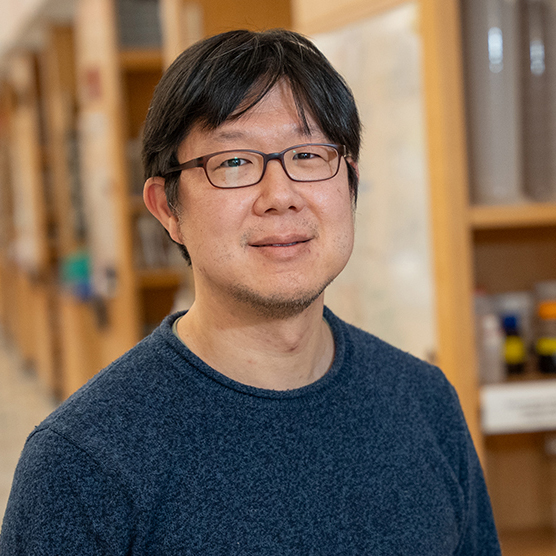
Many metabolic intermediates transiently formed during metabolic activities have unexpected toxic properties when allowed to accumulate. In the selenocysteine biosynthesis, de novo sphingolipid biosynthesis, and sugar nucleotide interconversion pathways, the presence of such toxic intermediates present dangerous liabilities for several types of cancer cells which tend to produce them at elevated rates, and this can be exploited for therapeutic benefit by targeting detoxification processes. But this raises the question of why these pathways are overactive in cancers, and why these normally produced metabolites are toxic. I will discuss my lab's strategies for identifying endogenous toxic metabolites and utilizing them for selective killing of cancer cells. I will also discuss ongoing efforts to explore the notion that the toxicity observed may represent normal, unexpected biological functions of the metabolites having gone awry.


